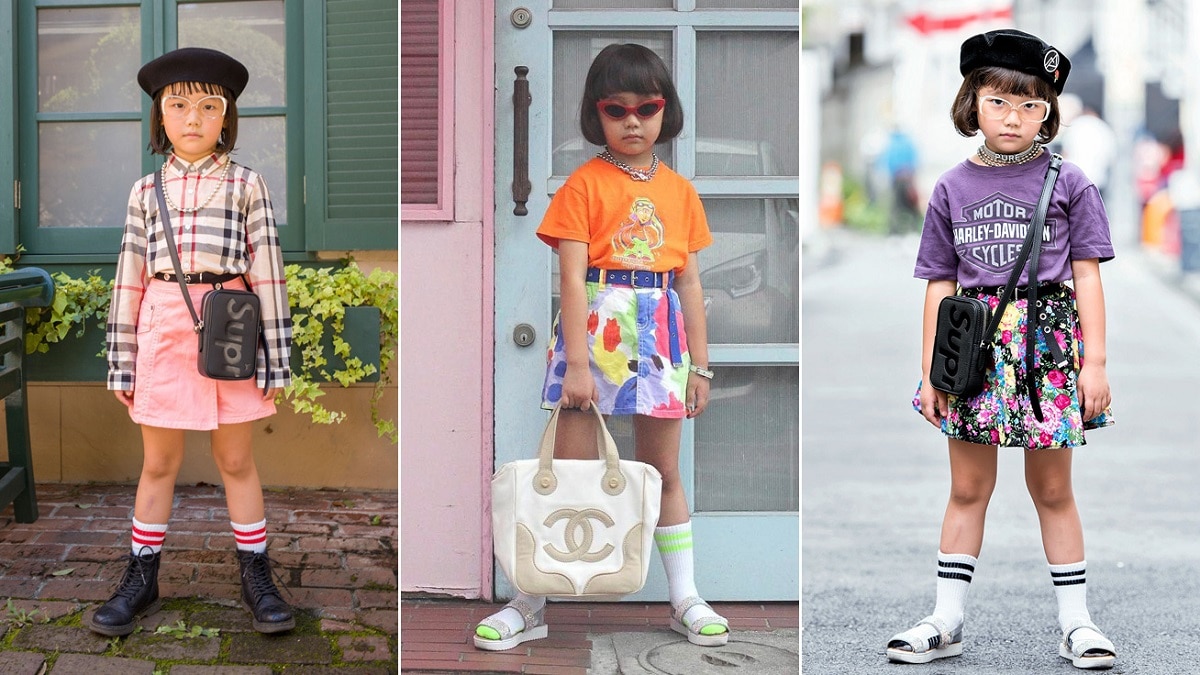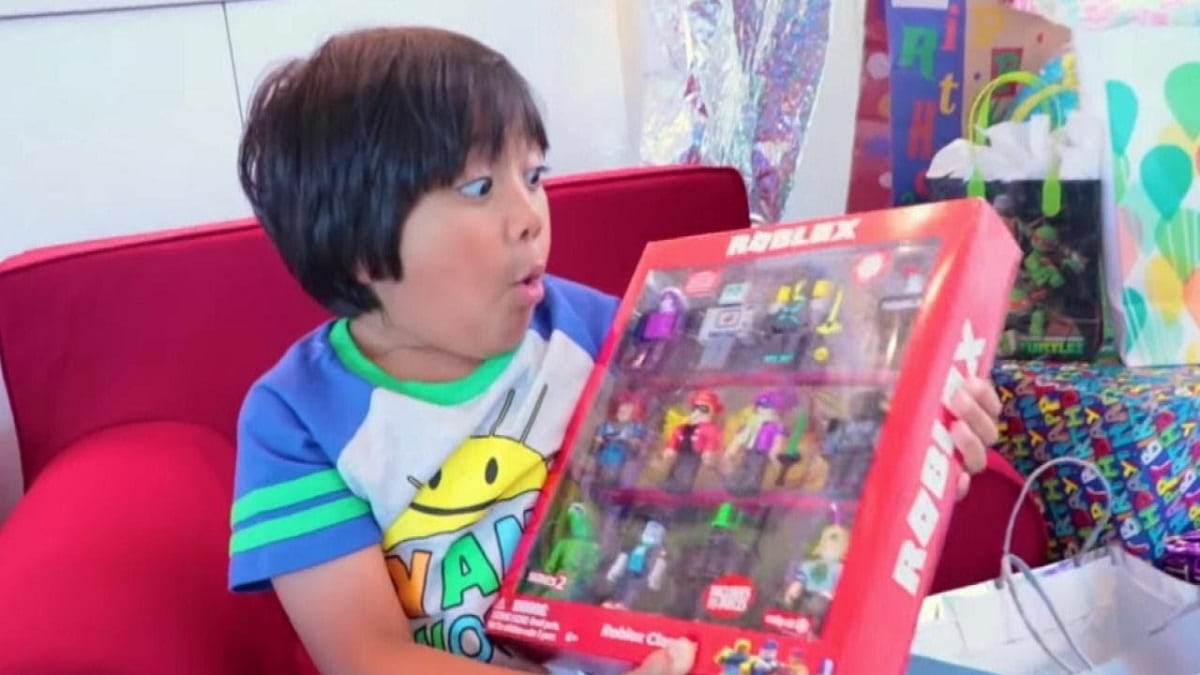
Your son or daughter will probably surprise you by saying that wants to be an influencer, not that he wants to be when he grows up, but now, already. Child influencers have come to stay and are a part of the communication and marketing industry. They are one more tool like the model children used to be in ads,
What should we do if our child wants to be an influencer, what is its legal framework, is it considered child labor? We are going to touch on these and other issues in this article, but there are some legal and ethical loopholes that will remain in the air.
Influencers children and adolescents

The influencer phenomenon began more than 10 years ago and it involved adolescents or young people, but today the age has been decreasing and we found famous 5 year old influencers. Everyone, including children, has the ability to stand in front of a camera and test a product. But it is the niches and the toy brands that are taking the market in this regard. From the typical boys and girls testers of children's products, it has become these same influencers in fashion, or food.
Many advertisers turn to influencers ages 12, 14, and even 16. These young adolescents publish their content independently and individually, and are their parents who manage their earnings, which are not few, but in most cases the contracts are signed by themselves, with their tutors.
In Spain, except in the case of specifically children's platforms, from the 14 years is when you can be legally on social media. Appearing before that age is a irregularity that, for now, social networks themselves have overlooked and are looking the other way.
Legal framework of child influencers

The children that appear on the networks, channels and platforms are only their faces. In Spain they are parents, or legal guardians who are authorized to sign their contracts. These adults act as managers, accountants, they are the ones who limit their activity in social networks and any collaboration or income.
La billing It usually comes through influencer agencies or one of the father or mother as a freelancer. There are child influencers who charge 50 euros for each photo published and others reach 1.000 euros, the latter are also usually the children of celebrities.
In Spain, it is allowed that in an exceptional way, by a law of 1985, minors under 16 years of age can participate exceptionally in public shows. This is not the case, because child influencers do it on a regular basis, and it is not clear that it is a public show.
Emotional context of famous children

Children, no matter how Celebrity which are they are still children, or should continue to be. It is possible that many of them enjoy fame, or play to pose, and find it fun, in fact there are many children influencers in the world of fashion. But can you imagine having to always be doing it? we do not know the problems they may have with the fame management.
Children's collaborations, in most cases, require a high commitment to the brand. And this commitment can also vanish with the appearance of another or another influencer. Maintaining a profile on social networks of these characteristics requires a lot of work and dedication that the child will not be able to use for their games or other activities, such as socializing with their friends,
Muchos fathers and mothers carried by the networks They are in charge of “pressuring” the child himself to open his YouTube channel. There are those who are famous, and want their children to be, or have tables at fashion and film casting and encourage children to follow in their footsteps. There are children with a blog who, knowing their age, you realize that it is their parents or an agency that is behind each article.